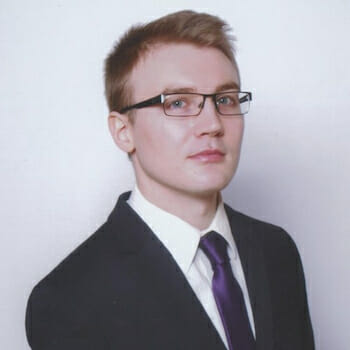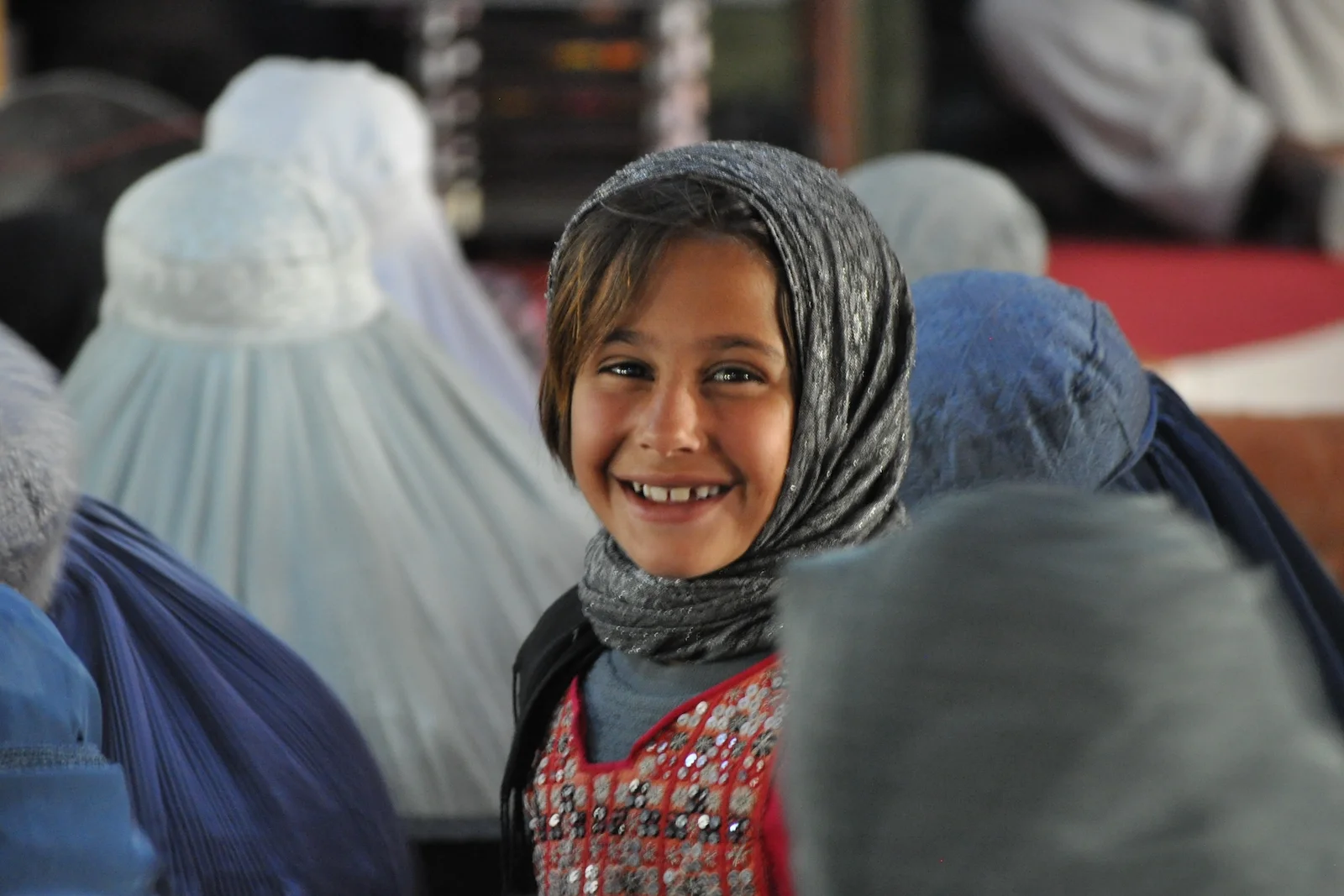
Voice in Exile: Marwa Dashti on Saving Afghanistan’s Free Press
Mohammad Fahim Dashti spent three decades defending Afghans’ right to know. A veteran reporter, editor, and organizer, he survived the bombing that killed his friend Ahmad Shah Massoud in 2001, rebuilt his career as editor-in-chief of Hasht-e-Subh Daily in Kabul, and helped found Afghanistan’s National Journalists Union (ANJU) to give reporters a measure of protection in a perilous profession. Born in 1972, Dashti belonged to the small cadre of independent editors who insisted that facts mattered even when power did not.
After months of recovery from his injuries, he returned to the newsroom, arguing that a free press was indispensable to any political settlement. A nephew of Abdullah Abdullah and a close associate of Ahmad Shah Massoud, Dashti became the public voice of Massoud’s National Resistance Front after the fall of Kabul in 2021, pressing the world not to look away. He was killed on September 5, 2021, during clashes with the Taliban in Panjshir Province, while opposing the movement’s takeover following the U.S. withdrawal.
His legacy now runs through his daughter, Marwa Dashti. Through the Fahim Dashti Foundation, she promotes free expression and offers concrete support to journalists uprooted by the Taliban’s return. Speaking from Albania, where she has built her own advocacy, Marwa argues that Afghanistan has been consigned to a “state of exception” in which women’s rights are treated as expendable. Feminism, she contends, is not an import but a daily act of resistance—and one that deserves international backing. The foundation’s current projects are deliberately practical: training displaced Afghan reporters so they can keep working in exile, and funding scholarships for Afghan girls in neighboring countries shut out of school at home. She also calls for sustained attention from governments and media organizations that once pledged not to abandon Afghan women.
In this conversation, Marwa reflects on her father’s example and the movement he helped build; on the world’s failure to stand up for Afghan women; and on the concrete ways outsiders can help.
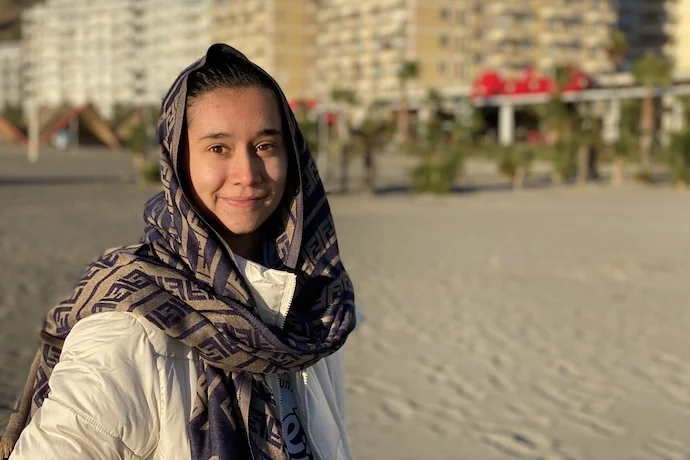
Scott Douglas Jacobsen: Why is free expression indispensable to women’s rights—especially the work of advocacy—beyond merely having those protections formally codified on paper?
Marwa Dashti: Freedom of speech is essential, especially at the Fahim Dashti Foundation. My father spent approximately thirty years of his life working toward this cause. I witnessed firsthand how he and his colleagues helped make freedom of expression possible in a country where, during the Taliban’s first regime (1996–2001), even the idea of press freedom was unimaginable.
I saw how this freedom strengthened many people in Afghanistan—particularly women. After decades of systemic oppression, they were finally able to express themselves and speak freely. While this may not seem extraordinary to those living in Western democracies, it was a monumental achievement.
One of the main reasons women’s rights progressed in Afghanistan over the last two decades was that women had a platform. They could speak out, critique authority, and share their stories, which gave them visibility and agency.
Jacobsen: How do you remember your father?
Dashti: To me, my father was never just my father. When people speak to me and offer their condolences, many people say things like, “I’m sorry your father passed away.” But they sometimes forget that he was also my mentor in many ways. I specifically remember when I was four years old—I went to his office for the first time, and that was when I decided I wanted to become a journalist.
From then on, I would go to his office every day after school. I would sit in on meetings and watch his colleagues at work—it was incredible to witness. Seeing my father work was powerful, but knowing that he was also fighting for women’s rights, perhaps in part because he wanted me to have more opportunities as I grew up—that feeling is difficult to describe. Honestly, it was something else.
Jacobsen: How was your experience volunteering at Afghanistan’s National Journalists Union?
Dashti: I started volunteering there at 16, about two years before the Taliban took over again. I began by learning the basics—sending emails and doing standard tasks, the work any intern or volunteer would typically start with.
But the most important part for me was seeing my dad in action. That is what I call it—seeing him in action—because I do not think people understand how dangerous it was for us and our entire family. I do not think anyone outside knows the extent of the threats we received. Sometimes, we could not even go to school because the threats had become severe.
Yet, despite all this, my father continued to speak the truth—as he called it. He dared to critique leaders who could have responded in any way, including harming us, his children. But he still prioritized his work and his principles. That is something I will always admire.
Jacobsen: How was your time in Albania before coming to Canada?
Dashti: I went to Albania exactly one week after I received the news that my father had passed away. As you can imagine, I was in the shock phase of it all. I was in Pakistan when I heard the news, and honestly, that entire week is a blank in my memory. I think the trauma and the shock made it impossible for me to process anything.
The next thing I remember after learning about my father’s death was seeing my older brother in Albania—he had been in Turkey at the time, and we reunited a week later. I remember looking at the different members of my family and seeing how each of them was coping with the grief in their own way.
I saw my younger brother go through denial. I saw my mother go through a period of depression. Everyone processed the grief differently, of course. I remember thinking to myself: “Okay, I can either let this grief consume me, or I can step up and take responsibility for my father’s legacy and my family.”
That was the moment my advocacy journey began. I started giving interviews, speaking about women’s rights in Afghanistan, and working with my mother and my father’s colleagues and friends to begin planning the foundation. For me, Albania marks the beginning of my active advocacy journey.
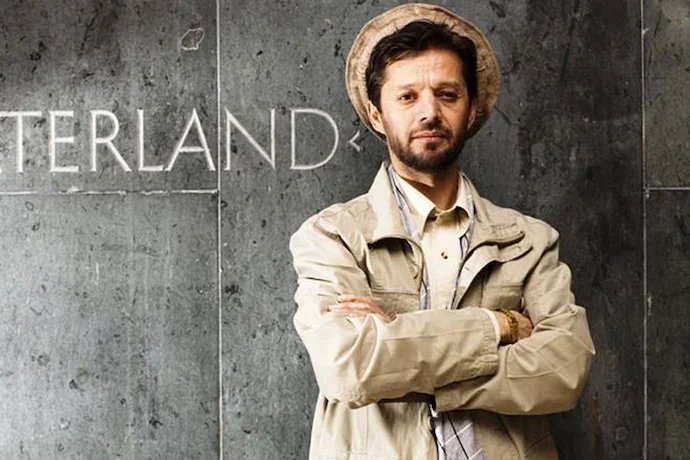
Jacobsen: And you were there for eight months, correct?
Dashti: Eight months.
Jacobsen: Was it intended to be temporary, or was there a particular reason to move on from there to another country?
Dashti: No, it was always meant to be temporary. Right after the Taliban took over, we had to go to Pakistan because that was the only country we could access at the time. From there, we were planning to migrate to France.
But after my father passed away—again, that whole week is completely blank in my memory—a friend of my father’s reached out to my mother and suggested that we consider going to Canada instead of France. The main reason was the language. My siblings and I already spoke English, so moving to Canada would allow us to transition into a new life more easily.
Vital Voices, co-founded by Hillary Clinton, sponsored our flight and temporary stay in Albania. They also helped begin our immigration case to Canada. So yes, it was always planned as a temporary stay.
Jacobsen: Arriving in Canada without a language barrier is a significant advantage for anyone. How did you experience the cultural shift? Canada has a very different culture from Albania, Pakistan, or Afghanistan.
Dashti: Yes, there were moments of culture shock, of course. That is part of any major move. But with Canada, because of the large immigrant population, we had a cushion.
The Afghan community in Canada is huge. If we had gone somewhere else in the world, we might have felt like outsiders. But in Canada, almost everyone is either a first-generation or second-generation immigrant. You get this sense that refugees and newcomers built this country, giving you a certain feeling of belonging.
Of course, it is not the same feeling as being in your own country, but there is a sense of comfort and inclusion, to some degree.
Jacobsen: Is the character of Afghan identity in Canada different from what you experienced growing up at home?
Dashti: Yes. It is very different. Inside the chaos, it feels much bigger than when you step outside. When I was in Afghanistan, perhaps it all felt too normal—maybe even desensitized. But I always say this: whenever I tell people I am a woman or a girl from Afghanistan, the first thing they say is, “Oh my God, your English is so good.”
I’m like—yes, I went to school like anyone else would. Right? I sometimes feel that people forget how normal our lives are. I was a regular teenager.
I had a One Direction phase. How much more “normal teenager” can you get? I went to school, I had friends, and we did typical teenage things. I know that the situation in Afghanistan now is very different from what it was when I was growing up, but I think when you’re on the inside, the ethnic divisions that have existed in Afghanistan for centuries don’t feel as prominent or problematic as they appear from the outside.
Unfortunately, I do see some Afghan diaspora communities—especially outside of Afghanistan—where those ethnic divides are deeply ingrained. I don’t understand why. I cannot explain it because, as someone who lived in Afghanistan all my life, my friendships were never based on ethnicity. We were friends. We were like sisters. In the workplace, too—I saw my father working closely with people from all ethnic backgrounds. That never prevented them from collaborating.
But unfortunately, in some Afghan communities outside the country, I do see lingering prejudice and divisions.
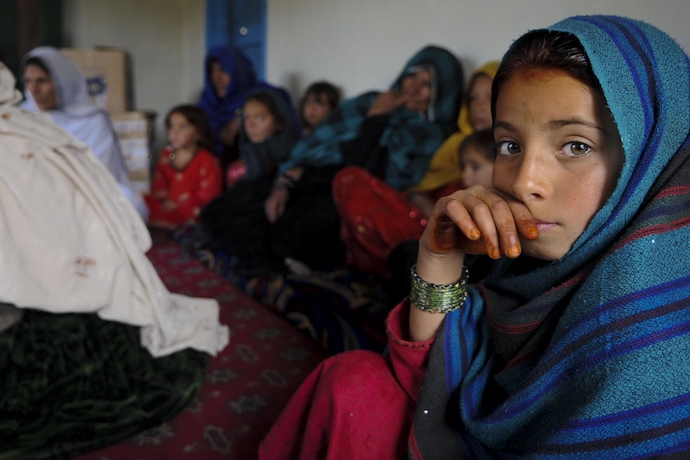
Jacobsen: Has the international community abandoned Afghanistan?
Dashti: Yes, I would say so—definitely. I was at the United Nations a few weeks ago in March and was there last year for the Commission on the Status of Women (CSW). Last year, I felt so proud. It was one of my lifelong dreams to go to the UN. Growing up in Afghanistan seemed almost impossible, but I made it.
But this year, that pride was gone. I didn’t feel anything, because just a few months earlier, the same institution had invited the Taliban. The same people the UN claims to stand against. The same people the world claims to support us against. And they gave them a platform.
It was simply disgusting to me.
And now we are hearing reports that the Trump administration might re-engage in Afghanistan—possibly to regain control of Bagram Air Base—and may even collaborate with the Taliban. That feels deeply unsettling. I understand that a lot has happened in the world since the fall of Kabul—the war in Ukraine has captured much attention, and now there’s the ongoing crisis in the Middle East.
But at this point, it feels like the international community is trying to normalize what is happening in Afghanistan. And to be very frank with you, I think they are paving the way toward formal recognition of the Taliban—by normalizing them.
Jacobsen: It sounds like a marketing campaign for a failed product—presenting failure as if it were a success.
Dashti: Exactly.
Jacobsen: How do you balance personal aspirations in your new life with the responsibility of continuing your father’s legacy?
Dashti: My life changed drastically after my father passed away. I often tell people that I was spoiled as a teenager. I was the only daughter in the house, and of course, I was my dad’s favorite.
After my father passed away, I inherited not only his legacy but also the responsibility of supporting my entire family. My older brother and I have had to step up because our mother does not speak English. We are now responsible for providing for our family and continuing our father’s work.
Honestly, losing my father was deeply painful. But the person I have become because of that loss—the strength it gave me, the strength I discovered in myself, and the way I have continued his legacy—I believe he would have been proud of that.
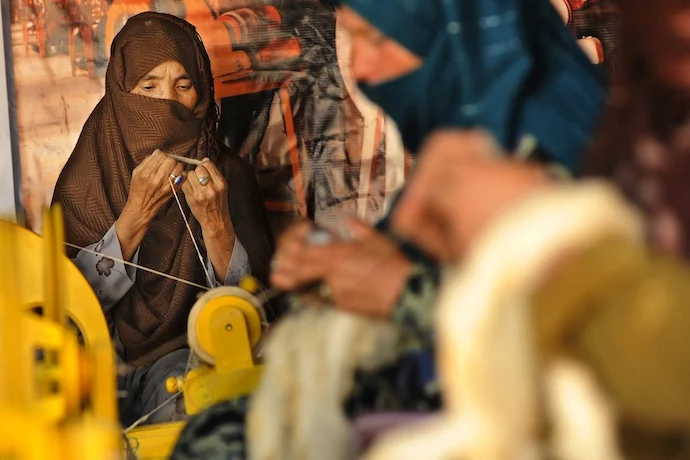
Jacobsen: How do you view other humanitarian crises, particularly in light of the severity of the situation in Afghanistan?
Dashti: I believe that anywhere in the world where innocent people are being killed, tortured, or stripped of their basic human rights—whether it is in Ukraine, the Middle East, or elsewhere—it is wrong. Innocent people should never be casualties. They should never be harmed because political leaders play games or execute military agendas. So my position on that is very clear: no innocent human being—especially children—should suffer due to someone’s political or military objectives. That should never be acceptable.
Jacobsen: This year’s Commission on the Status of Women revisited the Beijing Declaration and Platform for Action on its 30th anniversary; among other things, the text underscores women’s roles in peacekeeping and humanitarian relief. That framework envisions women not as auxiliaries but as central actors in peace processes and humanitarian operations.
Turning to Afghanistan, a clear-eyed reading suggests that the United States and its allies—largely Western and male-led—helped lay waste to the country over two decades of war, undertaken under expansive post-9/11 security claims and marked by grave intelligence and policy failures.
After the state collapsed, another male-dominated force—the Taliban—installed a rigid theocracy. Though adversaries, both camps consigned women and girls to the margins, leaving Afghan women to absorb the costs of external intervention and internal repression alike.
From your vantage point, what should the role of women be in humanitarian crises and in the defense of equal rights? And how should that role be understood when the pressures come from both outside military actors and authoritarian rulers at home?
Dashti: I think most reasonable people would agree: if you oppress half the population, your country is not going anywhere. That applies whether we are talking about the West or Afghanistan.
In Afghanistan, I feel that Afghan women are constantly underestimated. Their strength and potential are overlooked—largely because, for decades, most Afghan women have been denied opportunities in education and careers.
But that does not mean we lack ability or willpower. On the contrary, Afghan women have consistently shown strength, resilience, and the ability to lead and build. We need the space and freedom to do so.
I mean, speaking as someone who lived in the city and had a relatively normal life, I cannot claim to fully understand the experience of a woman living in a rural area—someone who has been heavily oppressed. I always say I cannot speak to their reality.
But I see incredible strength and immense potential in Afghan women across the board. If they were given the opportunity, they could have built a society that, frankly, many men would not have been able to. I truly believe that.
As a feminist, I think many women today are afraid to call themselves feminists, unfortunately, because feminism has, in some cases, been misunderstood or misrepresented as a man-hating ideology. But at its core, feminism is about equality of opportunity, choice, and dignity.
And I would never judge another woman for not identifying as a feminist because the entire point of feminism is to ensure women have the freedom to choose. If a woman chooses not to identify as a feminist, that is her decision. I do not have the right to criticize her for that.
Still, I believe the core values of feminism should be woven into the fabric of any society—especially societies like Afghanistan. Afghan women possess strength, unlike anything I have seen in any other community.
I do not know if you have ever read him, but Giorgio Agamben, the Italian philosopher, wrote about what he calls the “state of exception.” He describes how modern states, often in the name of emergencies or security, dismantle a society’s legal and political framework.
And when that framework is dismantled, people are left exposed—vulnerable to violence, because they are stripped of their legal and political rights. I believe Afghanistan is in exactly that kind of state right now. The Taliban are actively dismantling our legal and political systems under the pretext of an emergency or a return to “order.”
I think Afghanistan is, again, in a “state of exception”—in the sense that Giorgio Agamben defines it. What people often do not realize is that feminism in a state like Afghanistan is fundamentally different from feminism in Western societies.
In Afghanistan, feminism is about challenging the regime itself—challenging the entire system. In contrast, in Western societies, feminism often focuses on securing rights within an existing and generally functioning state structure.
The fact that Afghan women are standing up to a regime as brutal and rigid as the Taliban is admirable. It should be globally recognized. And the fact that the international community is now attempting to normalize the situation in Afghanistan is heartbreaking.
Jacobsen: How can people get involved, donate, or volunteer their skills for the Fahim Dashti Foundation?
Dashti: The Dashti Foundation has been operational for over two years now. We have carried out several projects, including training programs for journalists in Afghanistan through online platforms. We have also hosted multiple events in collaboration with organizations such as the United Nations, with the support of several governments, including those of the Netherlands, Canada, and the United States.
Right now, we are focusing on larger, long-term initiatives. One project aims to offer scholarships to around 12 girls from Afghanistan, allowing them to pursue secondary education in neighbouring countries. We’re also working on a four-year strategic plan to support the Afghan community here in Canada.
Unfortunately, when Afghan professionals immigrate, finding jobs in their own field can be incredibly difficult. We are developing programs to provide training courses that align with Canadian journalism standards for Afghan journalists who were forced to flee. We aim to help them secure internships that can ultimately lead to full-time employment. This would help those individuals achieve self-sufficiency and benefit the broader Canadian society and economy.
We will need significant volunteer support and financial backing to make this happen. People can help by contributing their time, skills, or funds to the Fahim Dashti Foundation and our upcoming projects.
Jacobsen: Thank you very much for your time today.
Dashti: Of course.
